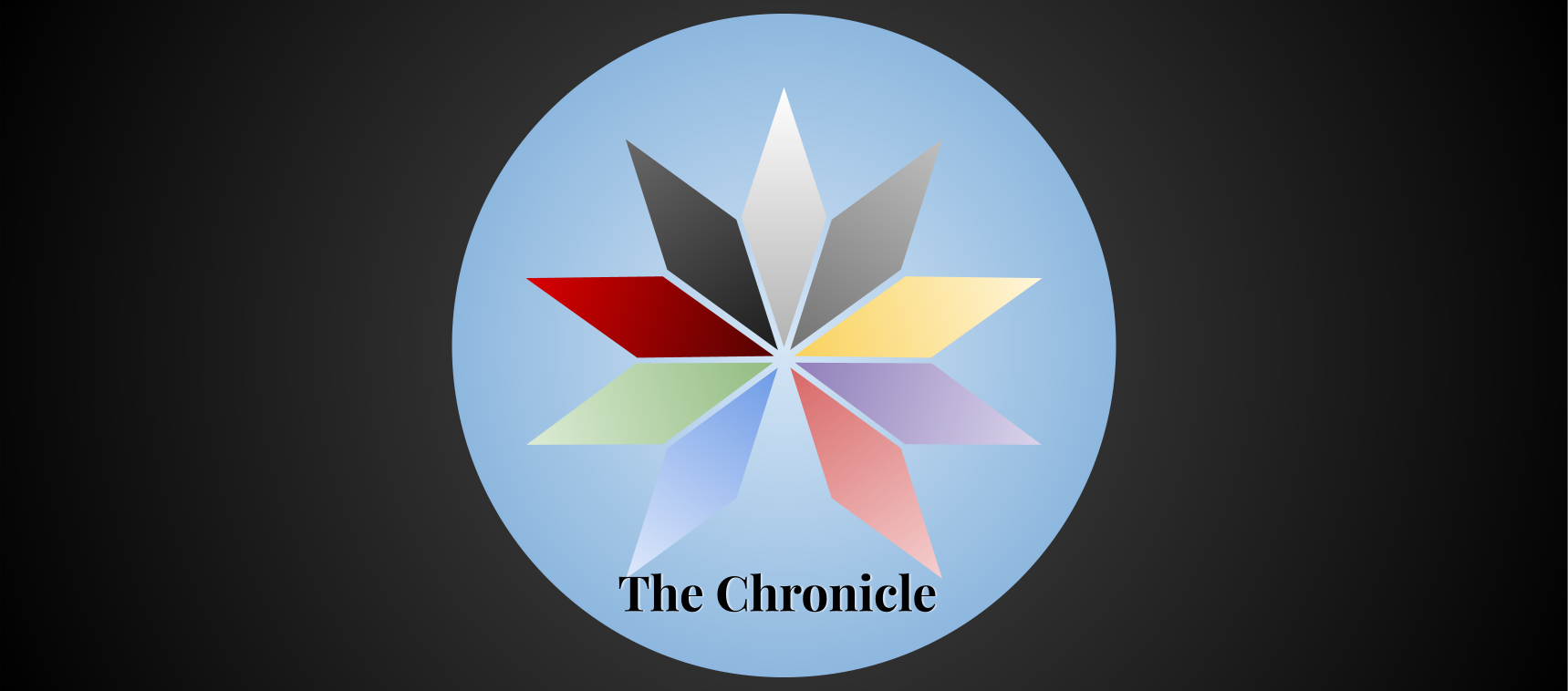The Significance of Song and Dance
"To dance with someone, to hear their song, it's like... A battle. But not one you win weapons and violence. It's about laying your soul bare before another. When you expose the rhythm of your beating heart, and it resonates with someone else, what victory could be greater than that?"
-Rill, to Bokura
History
Of the three beings responsible for crafting the laws of the universe, The Weavers, The Songweaver was tasked with binding all Souls of the Universe to the contract they had created: The Chronicle. To that end, she created the World Song, a song to be heard by the Universe itself. Songweaver's ability to control the Souls of all who hear her voice allowed her to force the Universe itself to heed the contract The Weavers had created.
From that point on, music, and specifically singing carried many positive and negative connotations with it throughout the generations. Music is a efficient method of linking Souls together. Accepting the rhythm of someone else's song creates a link between the performer and the listener, empowering both in equal measure. It is an unspoken contract, one that many believe goes beyond any contract that could be written into paper. As such, Musicians often have a stigma against them on many worlds, and music is seldom enjoyed as a hobby or a way to pass the time.
In most cultures, music will be played to honor important occasions. Holidays that honor fallen soldiers or ancestors, funeral processions, and weddings are events where one can typically expect to listen to music. The intention of each performance can vary; At events where music is played to honor the dead, songs are often performed in two parts: requesting first, that the dead be ferried to a peaceful afterlife by the Weavers, while the second part asks the departed to impart some of their strength unto those that still live.
In the case of weddings, the playing of music signifies the vows that both bride and groom swore to uphold. Their first dance together as newly weds represents the promise to remain together until their dying days.
Dancing, specifically partnered dance, is often seen as a two-person ritual, one that empowers both participants by allowing their Souls to become in sync with one another. . Souls are not stationary objects, they are constantly in movement, and each follows its own rhythm that changes over the course of its life. Dancing allows one to shift this rhythm in near limitless ways.



I'm all for music being a part of the universe! But that it's used so sparingly, it seems a little sad. But because people have natural rythems to them, does that mean there's often times that they accidentally make music? Like idly tapping. Also, what does this mean for singing, are tonal languages slightly taboo?
Thanks so much for the questions! In terms of 'accidental music', that sort of thing is possible. You can't really control that sort of thing if you're doing it subconsciously, so it's not as if you'd get shunned or people would look at you funny. In moments where you are unconsciously making music, chances are you are rather intensely focused on something/someone to the point where you might not realize it. In those kinds of situations I doubt very many people would notice or care. To put it into perspective, people in this setting may view music the same way they view death. It's a reality of life, and may be tough to talk about, but you can't exactly deny its existence either. Singing specifically is considered the most serious of all song forms, because of its historical ties to the Songweaver. When you sing for someone, it's almost like you're proposing to them. It's something you should only do with a person you are very close to, or if the circumstances allow. For languages and dialects that are very harmonic, you can assume they are that way because they are very acceptant of music, and it makes a big part of their culture, such as Cutopia and Sunnyside. Those planets are far more accepting of music in everyday life. That is to say, people might be able to tell where you are from based on your accent/way of speaking, but there are no major prejudices against someone speaking in a lyrical sort of way. They'd be far more likely to judge you based on other factors first, such as where you were born, your species, allegiances, etc.